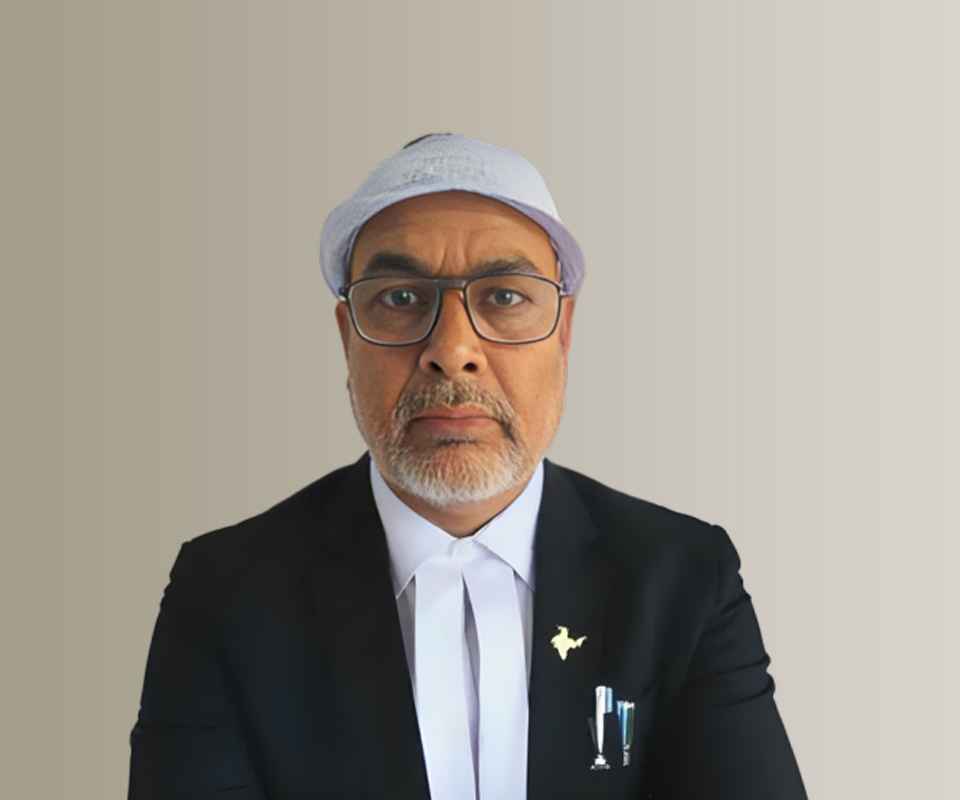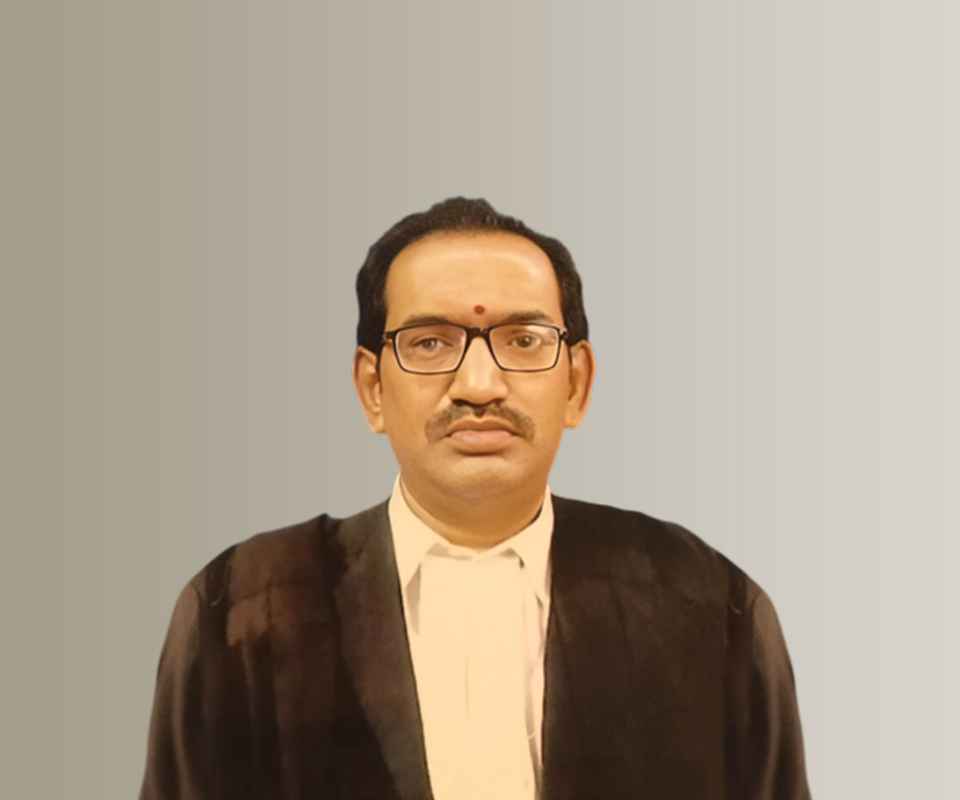Answer By law4u team
Bharatiya Nagarik Suraksha Sanhita, 2023 - Section 249: Opening case for prosecution
When the accused appears or is brought before the Court, in pursuance of a commitment of the case under section 232, or under any other law for the time being in force, the prosecutor shall open his case by describing the charge brought against the accused and stating by what evidence he proposes to prove the guilt of the accused.
Brief Detail
Section 249 of the Bharatiya Nagarik Suraksha Sanhita, 2023, outlines the procedure for opening a case for prosecution when the accused is presented in court. It mandates that the prosecutor must clearly describe the charges against the accused and outline the evidence that will be used to establish their guilt.
Question & Answers
Q1: What must the prosecutor do when the accused appears in court?
A1: The prosecutor must open his case by describing the charges against the accused and stating the evidence to prove guilt.
Q2: Under what circumstances does this section apply?
A2: This section applies when the accused is brought before the court following a commitment of the case under section 232 or any other applicable law.
Q3: What is the purpose of the prosecutor's opening statement?
A3: The purpose is to inform the court and the accused of the charges and the evidence that will be presented to support those charges.
Q4: Is the prosecutor required to provide details of the evidence during the opening?
A4: Yes, the prosecutor must state the evidence he proposes to use to prove the accused's guilt.
Q5: What role does this section play in the prosecution process?
A5: It serves to establish the foundation for the prosecution's case and ensures transparency in the judicial process.
Example
- Initial Appearance: When a defendant is brought to court for a robbery charge, the prosecutor describes the robbery charge and mentions witness testimony as evidence.
- Case Commitment: Following a commitment under section 232, the prosecutor opens the case by outlining the nature of the crime and the evidence gathered.
- Evidence Presentation: The prosecutor states that surveillance footage will be presented to establish the accused's presence at the crime scene.
- Clarifying Charges: If the accused faces multiple charges, the prosecutor will clarify each charge during the opening statement.
- Court Proceedings: During the trial for assault, the prosecutor outlines the charges and indicates that medical reports will be used as evidence of the victim's injuries.
Summary
Section 249 of the Bharatiya Nagarik Suraksha Sanhita, 2023, specifies that when the accused is brought before the court, the prosecutor is required to open the case by detailing the charges and presenting the evidence intended to prove the accused's guilt. This procedure is crucial for ensuring clarity and transparency in the prosecution process.







